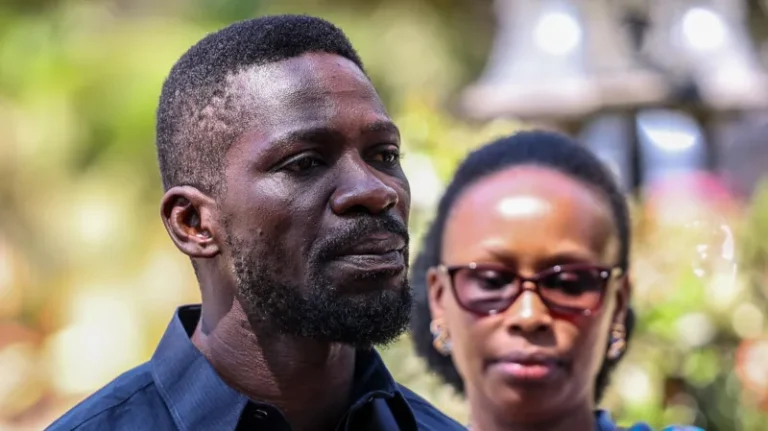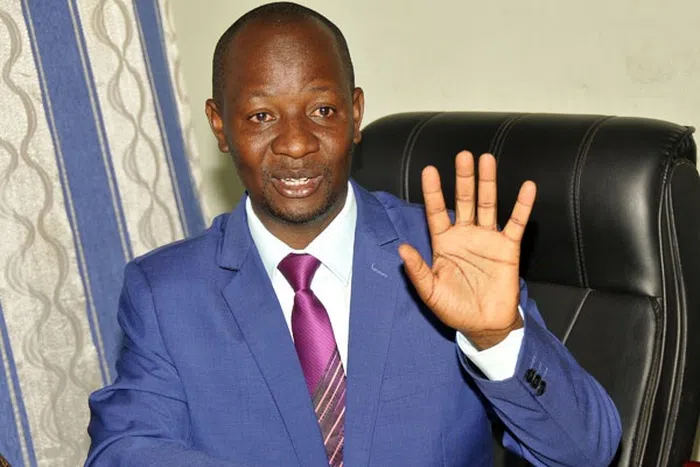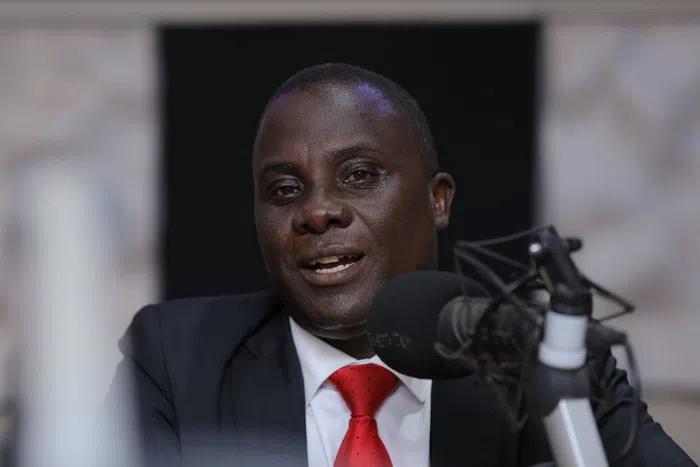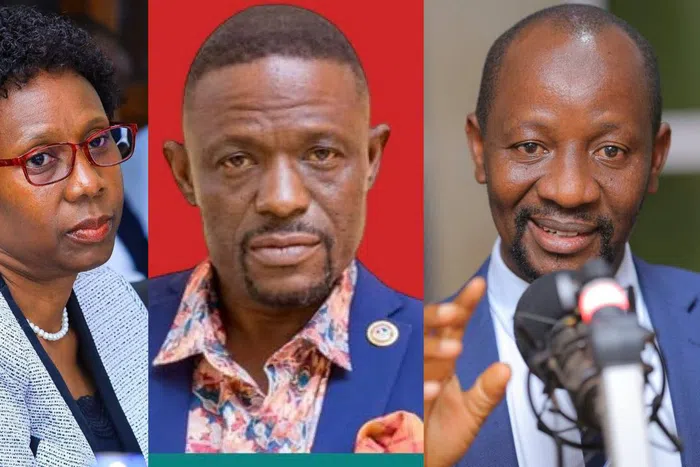
KAMPALA, UGANDA – In a significant political development, long-serving government spokesperson Ofwono Opondo has emerged victorious in the ruling National Resistance Movement (NRM) primaries, clinching the party’s flag for the Older Persons’ Representative position for Eastern Uganda ahead of the 2026 general elections. The veteran journalist and communication strategist defeated incumbent Dominic Mafabi Gidudu, the current Minister of State for the Elderly, in a closely contested election held during the NRM delegates’ conference at Kololo Independence Grounds on Monday.
Election Results and Immediate Reaction
Opondo secured a decisive victory with 168 votes against Minister Gidudu’s 122 votes, as announced by NRM Electoral Commission chairperson Dr. Tanga Odoi . The election formed part of the ongoing NRM exercises for special interest groups that began on August 18 and is scheduled to run through August 28 .
Speaking immediately after his declaration as winner, Opondo stated his intention to “strengthen the NRM voice on the floor of parliament” and criticized the current representation for older persons as “invisible and inaudible” .
“When I rise to speak, I will be recognized,” Opondo asserted. “I bring a national voice and access that can’t be ignored” .
Strategic Resignation and Political Transition
Opondo’s electoral victory follows his recent resignation as Executive Director of the Uganda Media Centre, a position he had held since 2013 . The 61-year-old veteran journalist formally wrote to President Yoweri Museveni seeking to step down from his government role, acknowledging the legal requirement for public officers to resign at least ninety days before nomination day when seeking elective office .
Table: Ofwono Opondo’s Professional Background
Role Duration Key Responsibilities
Uganda Media Centre Executive Director 2013-2025 Government spokesperson, media coordination
NRM Director of Information and Public Relations 2002-2013 Party communication strategy
NRM Spokesperson 2003-2016 Official party representative
Presidential Election Task Force Spokesperson 2001-2016 Campaign communication
Having served 26 years in public service—14 of them as government spokesperson—Opondo emphasized that his decision to pursue electoral politics was driven by a sense of obligation rather than mere ambition .
Policy Priorities and Manifesto Commitments
Opondo’s campaign centered on a comprehensive policy platform addressing the welfare of older persons in Uganda. Key proposals include:
· Reviewing the national pension scheme to ensure benefits keep pace with inflation and preserve the elderly’s purchasing power
· Reducing the Senior Citizens Grant eligibility age from 80 to 75 years, with a long-term goal of covering all citizens aged 60 and above
· Raising the monthly stipend from the current 25,000 shillings to a “realistic and dignified” figure
· Building legislative coalitions with MPs representing women, youth, persons with disabilities, and workers to form a unified voting bloc that can shape national budgets and policy direction
Opondo argued that improving support for Uganda’s 1.5 million citizens above 60 is “not fiscally impossible” but rather lacking in “political attention and voice” .
Political Context and Brotherly Contest
The race carried additional significance as it pitted Opondo against what he described as his “elder brother,” Dominic Gidudu Mafabi, who serves as both the Older Persons’ Representative for Eastern Uganda and State Minister for the Elderly . During his campaign, Opondo had confidently stated he had “what it takes to knock him out” .
The election occurred against a backdrop of turbulence within some segments of the NRM delegates’ conference. President Museveni suspended elections for the NRM Entrepreneurs League following allegations of bribery and irregularities in the contest between wealthy businessmen Hassan Basajjabalaba and Ceasar Mulenga . Several other candidates, including former Tororo Municipality MP Sanjay Tanna and President Museveni’s brother Nowomugisha Sedrack Nzaire, withdrew from their respective races citing a “toxic environment” and other concerns .
Implications and Future Prospects
Opondo’s victory signals a potential shift in representation approach for special interest groups in Ugandan politics. His extensive experience as both government spokesperson and NRM communication strategist positions him as a potentially influential legislator should he secure victory in the 2026 general elections.
Political analyst Dr. Sarah Bireete notes: “Opondo’s entry into electoral politics represents a new breed of technically skilled professionals seeking legislative roles. His understanding of government machinery and media dynamics could significantly elevate the visibility of older persons’ issues in Parliament.”
Opondo has pledged to leverage his 26 years of experience—including his connections and ability to navigate political and policy landscapes—to deliver tangible results for his constituency .
“You don’t walk into Parliament to lament,” Opondo emphasized during his post-victory remarks. “You must read budgets, understand the Public Finance Act, and offer costed alternatives. If all you bring are emotional pleas, you’ll be told: ‘There is no money'” .
Conclusion
As the NRM continues its delegates’ conference through August 28, all eyes will be on how the party manages internal electoral processes amid allegations of irregularities . For Opondo, the focus now shifts to preparing for the 2026 general elections, where he will seek to translate his party-level victory into a parliamentary seat that would enable him to advance his agenda for Uganda’s elderly population .
His victory represents not just a personal achievement but potentially a new chapter in representation for older Ugandans—one characterized by heightened visibility, technical competence, and coalition-building across traditional legislative divides .








